
WUN-supported global research network aims to improve opportunities and outcomes for women
The Global Research Network on the Economic Empowerment of Women (ReNEW) seeks to examine innovative approaches to research and policy development to improve women’s economic empowerment. (Photo: Jason Goodman, Unsplash)

No climate justice without migration justice
Small Pacific Island nations like Tuvalu have been feeling severe impacts of climate change and will eventually become uninhabitable – despite all small island developing countries in the Pacific combined

Researcher profile: Alberta professor leads team to study COVID-impact on women’s health care
Nursing professor Salima Meherali is leading international research looking for ways to address serious gaps the COVID-19 pandemic has created in health-care services for teen girls in low- and middle-income

Boosting maternal resilience after wildfire
WUN research: an inexpensive and easily replicable journalling exercise can build resilience in pregnant women affected by natural disaster.

IOM launches Migration Data Portal
First stage of ongoing progress to develop a “one-stop-shop” for international data
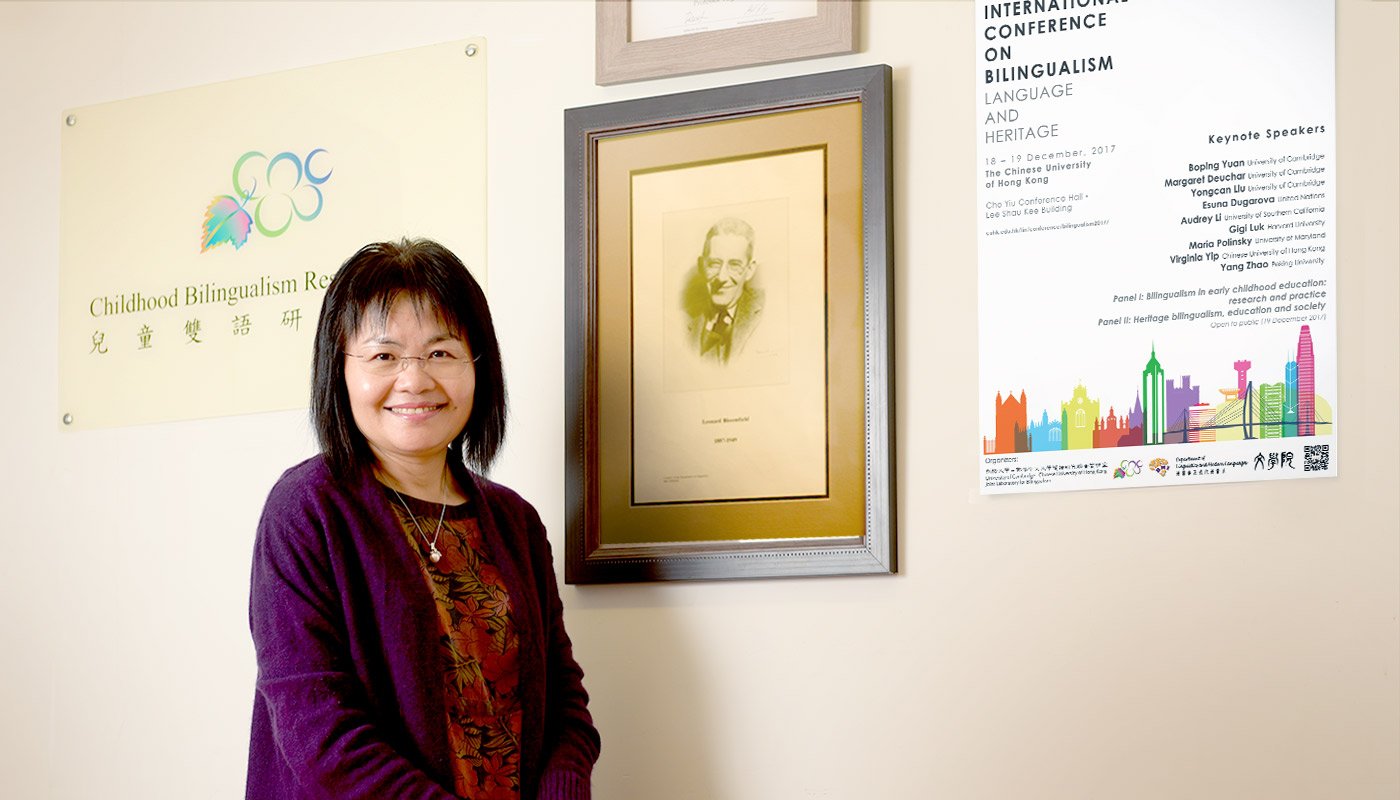
CUHK Launches the World’s First Child Heritage Chinese Language Corpus
CUHK announces the launch of the world’s first Child Heritage Chinese Language Corpus and the establishment of the University of Cambridge–CUHK Joint Laboratory for Bilingualism.
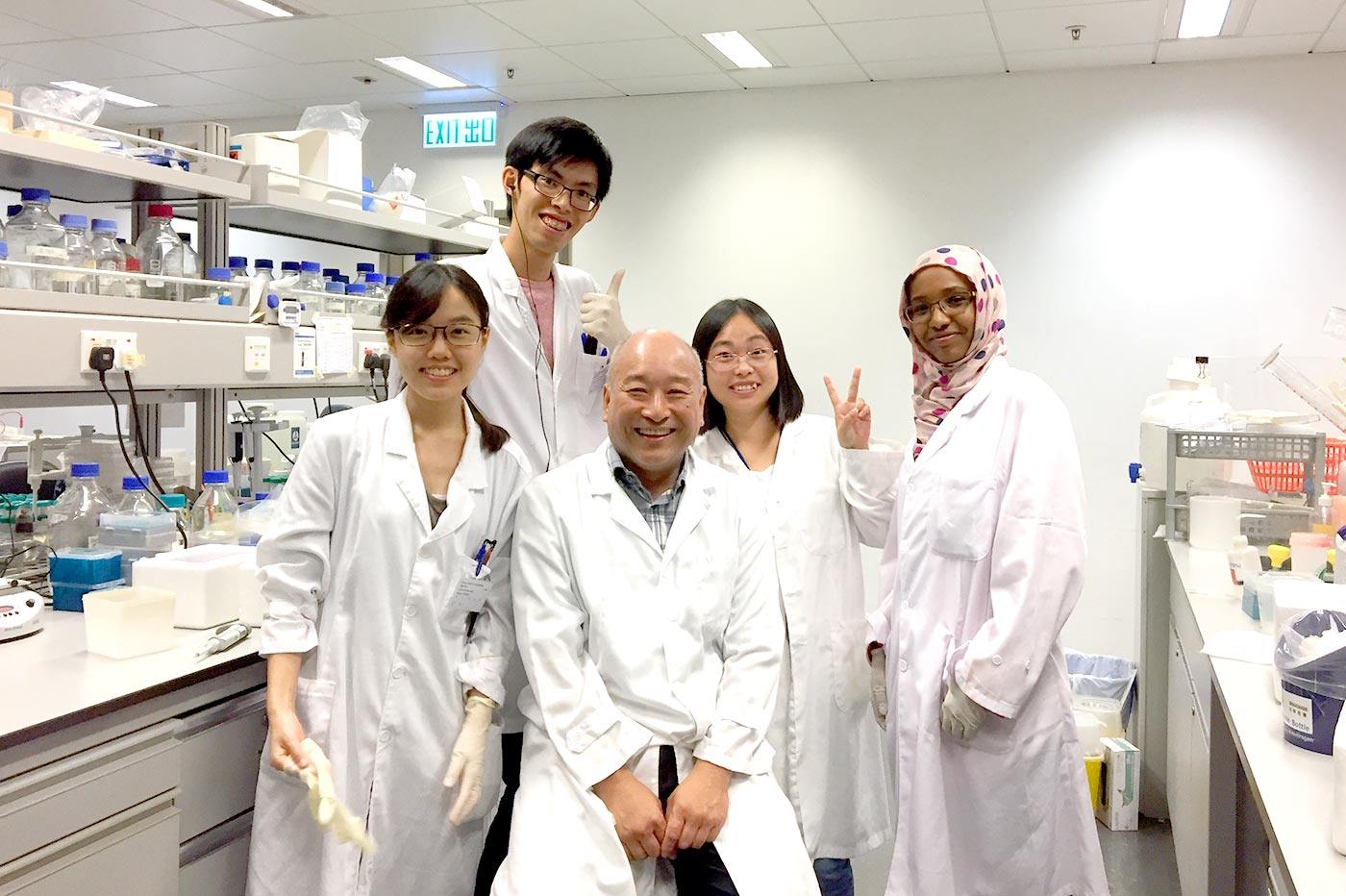
CUHK-Southampton Joint Laboratory for Stem Cell and Regenerative Medicine Formed
CUHK and the University of Southampton formed a joint laboratory to conduct high impact research in the areas of stem cells, developmental biology and regenerative medicine.
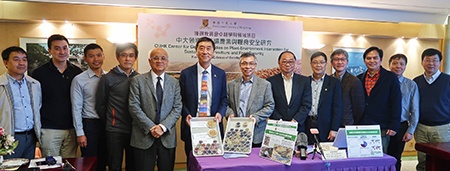
CUHK Launches New AoE Centre on Plant-Environment Interaction
The Chinese University of Hong Kong has been awarded some HK$8m from the Hong Kong University Grants Committee to lead the AoE Centre for Genomic Studies on Plant-Environment Interaction for Sustainable Agriculture and Food Security from 2017 to 2025. The new AoE Centre will develop new plant and agricultural technology with a view to striking a better balance between sustainable agriculture and food security.

New study on asthma provides strong argument for focusing on the environment of young men
“It has been very difficult to get these [results] published, because the concept of adolescent boys, having impact on their offspring born years later is new and editors could not believe our findings. I think that the WUN can inspire further research to support our findings and convey the new concepts to public health policy makers…”
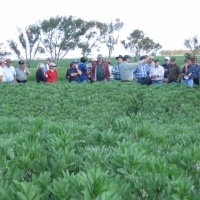
WUN Legumes Group publishes in Nature Plants
Multi-disciplinary team from the Worldwide Universities Network (WUN) publishes in Nature Plants.

‘Big Data’ generates need for ‘Data Diplomacy’
“Data Diplomacy” seeks to better understand the role that data sharing plays as an agent in social and political relationships around the world. Examples of data diplomacy can include: negotiations between two competing health systems to enable access to electronic medical records of shared patients; cross-national sharing of outbreak data, such as ownership of and access to information about people impacted by Ebola virus; or the impact on diplomatic relationships among nations due to systematic “leakages” of data, evidenced by the Edward Snowden case.
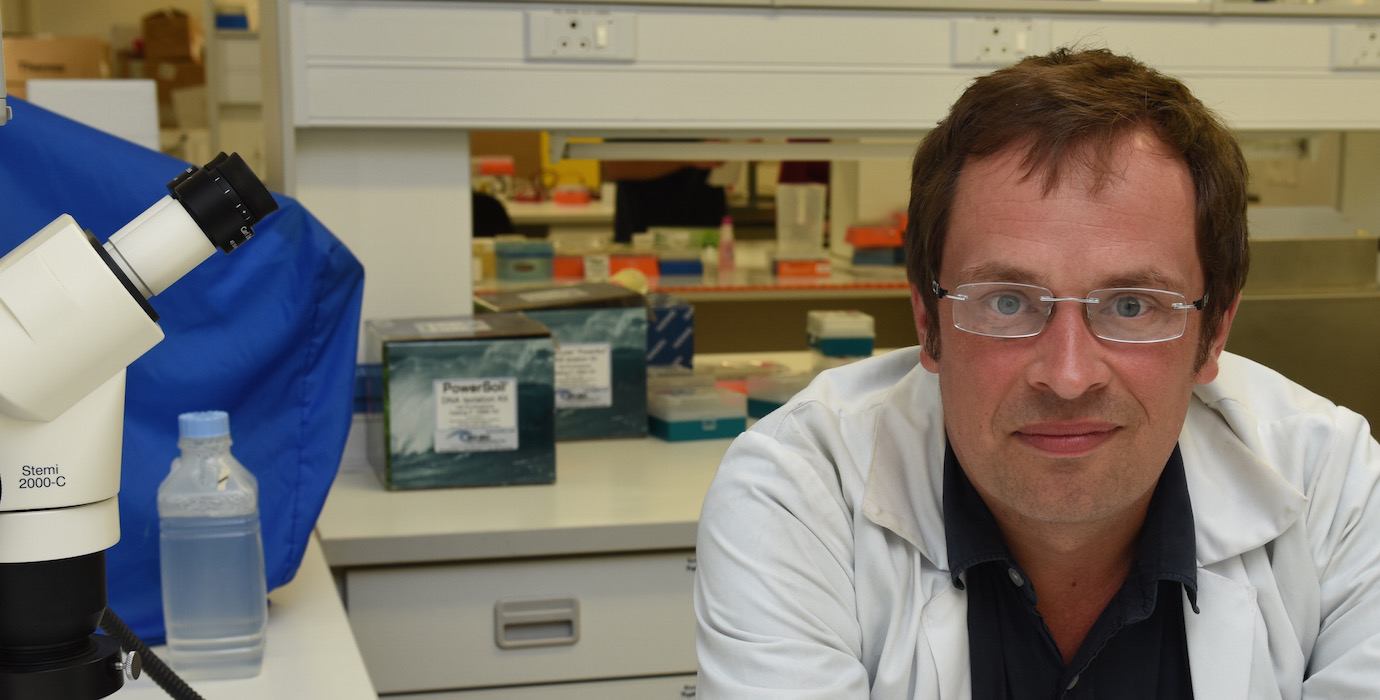
Parasitic worms: friends or foes?
Meet the UCT researcher discovering how parasitic worms can benefit human health.
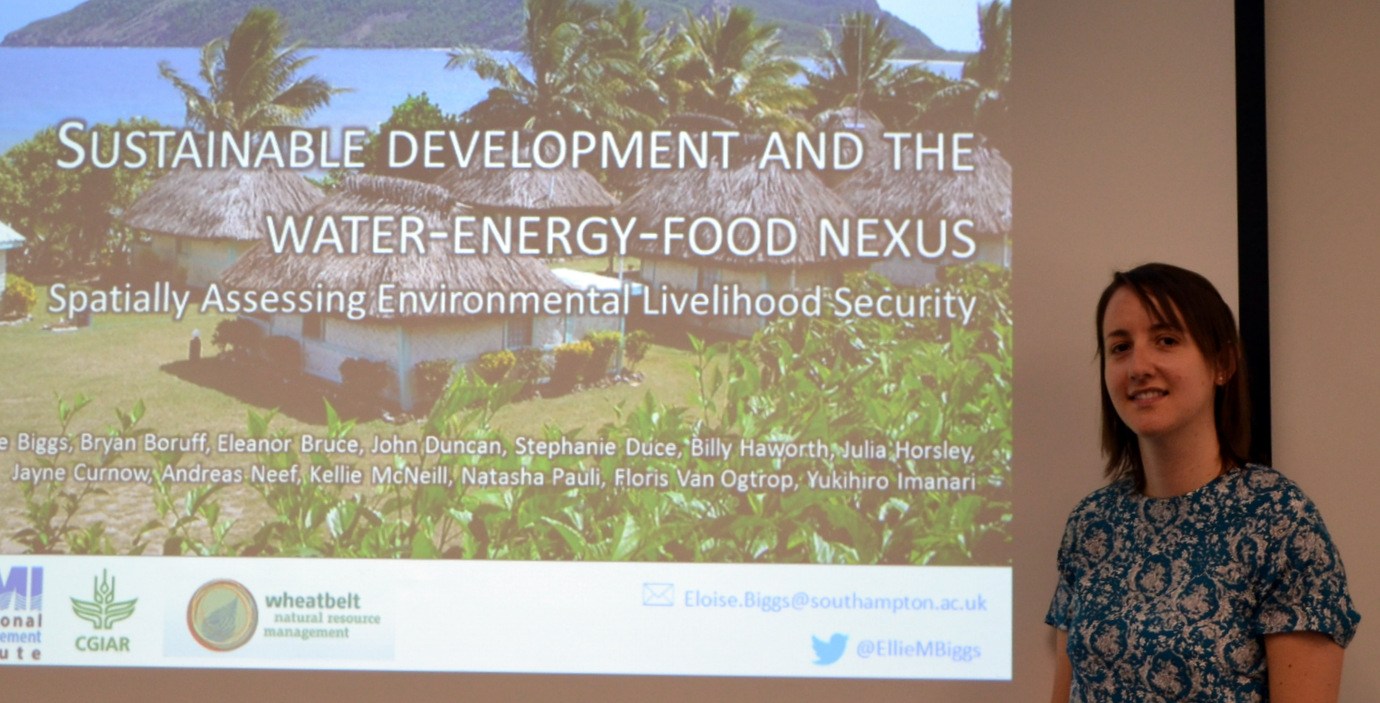
Ensuring Environmental Livelihood Security
In communities where livelihoods are linked to the land and sea, environmental security is of utmost importance. This is particularly true in the developing nations of the Asia-Pacific, where many localities have a high dependency on fisheries, tourism and agriculture. Moreover, global changes are increasingly resulting in challenging localised impacts, such as increased frequency of extreme events. Thus, understanding the social-environment system is imperative to providing solutions for responding to climate change.

The mathematics of disease
Medical research and advanced mathematics are usually considered separate disciplines. But for one WUN collaboration, bringing maths and biology together could hold the key to understanding how cells in the human body signal to each other, and might potentially unlock the secrets of a range of non-communicable diseases.

Preventing future pandemics
There has been a significant increase in asthma and allergies in high-income countries over the past few decades. These diseases are also increasingly prevalent in developing countries, which can substantially increase mortality rates since proper medication is often expensive. The causes of asthma and allergies are not well understood, and there is currently neither a cure or effective prevention. At the same time, parasitic infections have decreased and have known immunological effects.

Early-life solutions to the modern health crisis
Non-communicable diseases (NCDs) such as allergies, asthma, cancer, diabetes and obesity are on the rise. Inflammation and immune dysregulation are common features of these conditions, often associated with environmental and lifestyle risk factors such as dietary patterns, environmental pollutants, microbial patterns and stress.
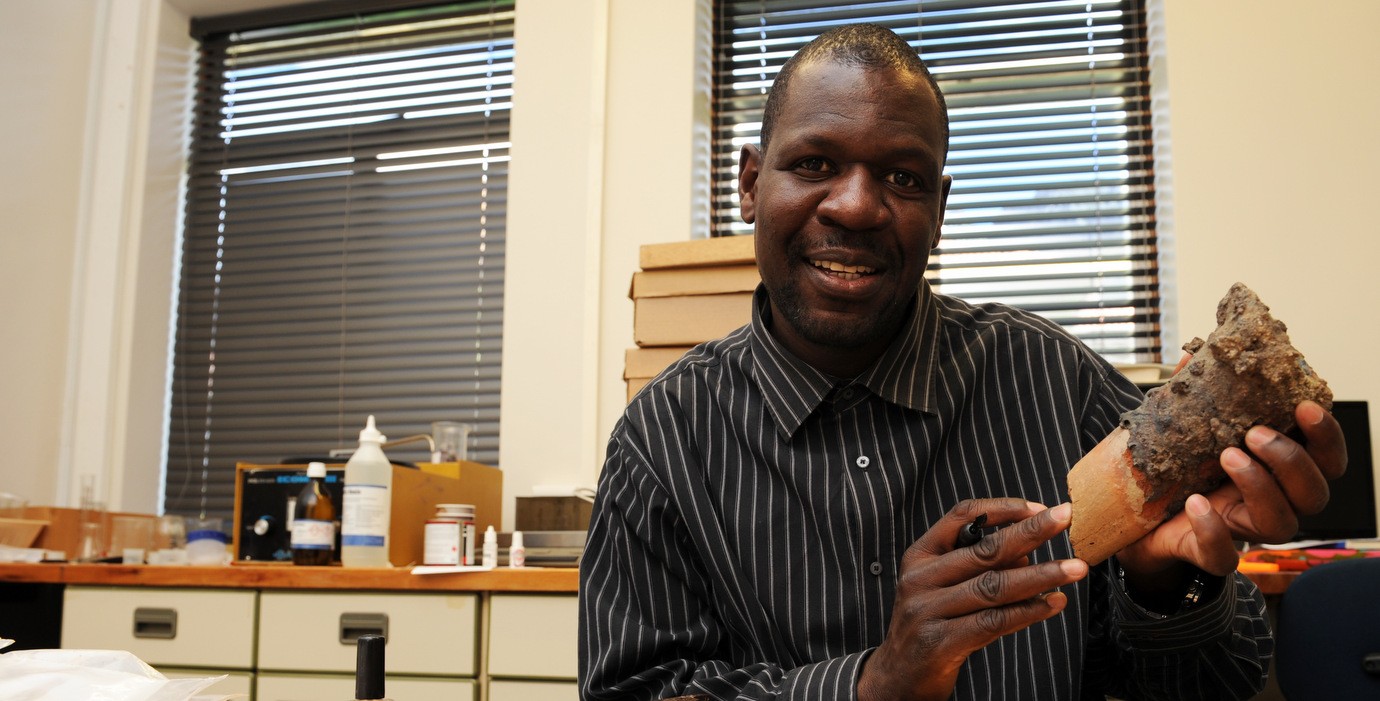
Uncovering 2,000 years of trade
As the world’s two most populous countries, India and China, battle it out for superpower status, the Indian Ocean is growing in prominence as a key geopolitical region. But human memory is short when compared with the history of humankind. Archaeological evidence has unearthed a number of insights indicating that this Indian Ocean connection has been a key region of cultural interaction and trade for approximately 2,000 years.

Steps to sustainable livestock
Global food security has become an increasingly important issue as climate change further reduces the amount of land available for farming. Coupled to this is the higher demand for animal protein as developing nations become wealthier, and a higher demand for cereals, making them less attractive as animal feed at both an economic and social level. This has resulted on a greater emphasis on ruminant farming (e.g. cattle and goats) because these animals are capable of converting feed unsuitable for human consumption into high-value protein.

Indigenous research goes global
From climate change to improving public health, the world’s 350 million Indigenous people share a number of urgent challenges in common. Yet while many Indigenous groups are actively involved in forging solutions to the issues they face, there are surprisingly few organisations dedicated to disseminating and sharing their insights.

Creating the world’s first health literacy network
Health literacy is a relatively young field of research which focuses on people’s ability to understand health information and make decisions about their own health care. By helping patients to become more health literate, researchers hope to find ways to improve public health outcomes across low, middle and high-income countries.

Improving global water services
One of the world’s most vital resources—water—is increasingly at the centre of debate. Its scarcity has intensified the movement toward water as a human right, yet private control over water utilities is simultaneously increasing. Although this tension is only just emerging, experts believe it will rapidly intensify as more investors seek access to fresh water in new countries.

Understanding the impacts of Chinese foreign direct investment
Since the adoption of the “go global” strategy in the early 2000s, China’s total outward foreign direct investment (FDI) stock has increased from US$30 billion to US$610 billion in 2014. The Economist estimates that the flow of Chinese outward investment will be US$264 billion in 2017 alone. Although China remains a relatively new player in outward FDI, this rapidly expanding flow of capital represents a host of opportunities and challenges for policy-makers, businesses and researchers.
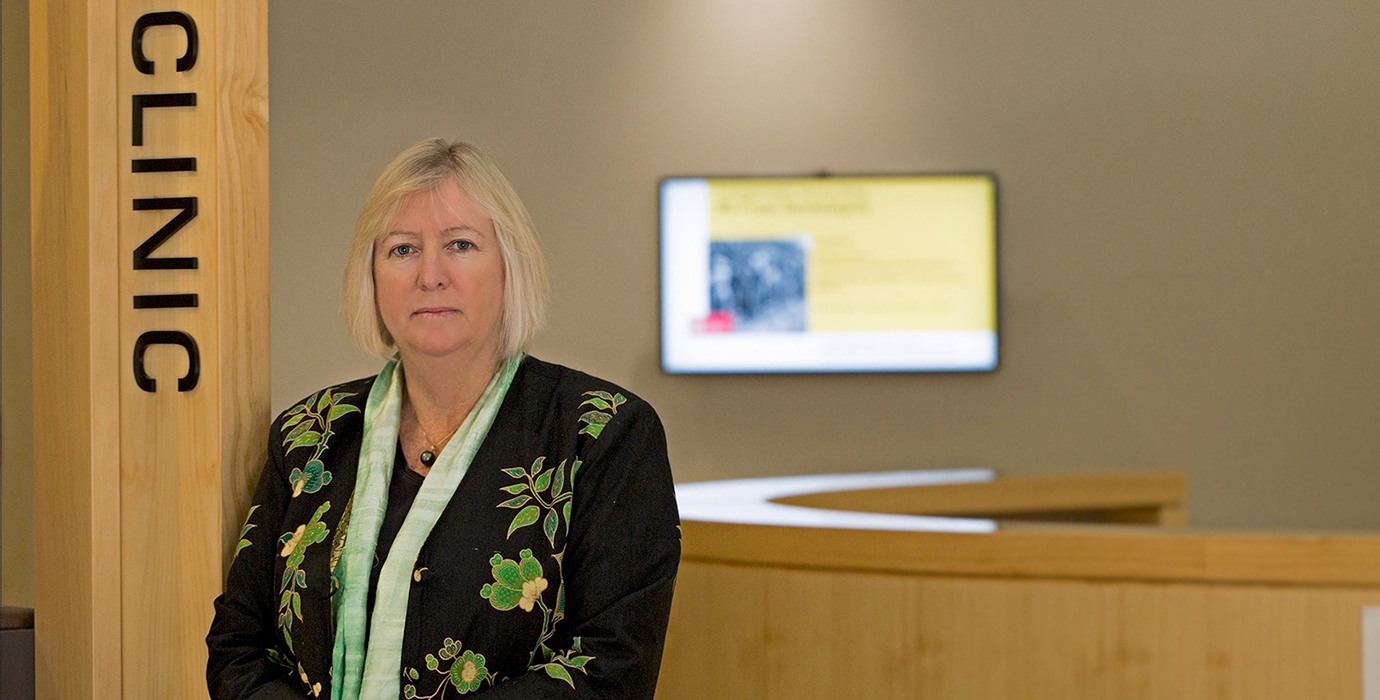
Building better health systems
Caring for the growing number of patients with non-communicable disease is a challenge faced by policy-makers and healthcare providers across the world. To tackle the issue, a team of WUN experts in healthcare system planning have come together to share their unique insights from across Canada, the UK and Australia.

Autism: resources and challenges
Autism Spectrum Conditions (ASCs) are one of the most important emerging health concerns. Approximately one in every 100 children is diagnosed with an ASC, which includes autism, Asperger syndrome and atypical autism.

Making the most of medicine
While most medical research focuses on the quest for new treatments, much less attention is paid to how we can make better use of medicines that already exist. Yet up to half of patients don’t take long-term medicines as prescribed, which can result in serious harm or even death.
